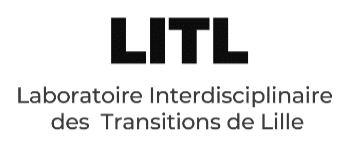Several machine learning approaches are used to train systems and agents while exploiting users’ feedback over the given service. For example, different semi-supervised approaches employ this kind of information in the learning process to guide the agent to a more adaptive and possibly person-alized behavior. Whether for recommendation systems , companion robots or smart home assistance, the trained agent must face the challenges of adapting to different users (with different profiles, preferences , etc.), coping with dynamic environments (dynamic preferences, etc.) and scaling up with a minimal number of training examples. We are interested in this paper in one-step decision making for adaptive and user-dependent services using users’ feedback. We focus on the quality of such services while dealing with ambiguities (noise) in the received feedback. We describe our problem and we concentrate on presenting a state of the art of possible methods that can be applied. We detail two algorithms that are based on existing approaches. We present comparative results by showing scaling and convergence analysis with clean and noisy simulated data.
[hal-01344448] Using feedback in adaptive and user-dependent one-step decision making
- Non classé
- 19 septembre 2024
- By
0 Comments
